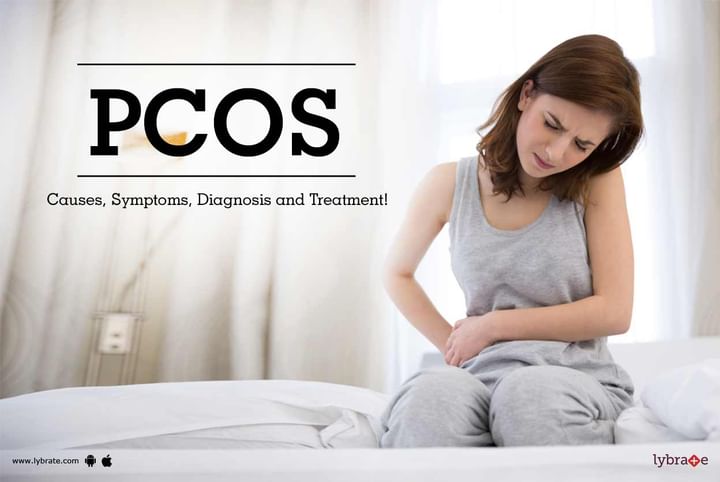PCOS - Causes, Symptoms, Diagnosis and Treatment!
If you are a woman and belong to the reproductive age group, it is more than possible that you might prevalently have come across a term called the PCOS. The abbreviated form of Poly Cystic Ovary Syndrome, this is a common hormonal disorder and is characterized by irregular periods, prolonged periods or the excessive production of the male hormone androgen. Since the condition can lead to infertility and other complications including diabetes and heart diseases, it is imperative to diagnose at the earliest manifestation of the symptoms and start the treatment process.
The exact cause of PCOS is not still unknown but it is believed that a combination of genetic and the environmental factors give rise to this condition in women in their teens or early adulthood.
The prominent symptom of this condition is irregular periods. Usually, the women with this syndrome have less than nine periods in a year. Some have no periods at all whereas others have heavy bleeding. Also, an additional hair growth on the body, such as facial hair can point to PCOS which occurs due to the excess production of male hormone androgen. This can also result in thinning of hair similar to male-pattern baldness in some.
A sudden gain in body weight and having a great difficulty in losing it is another symptom of PCOS. Or if you experience fertility problems and have great difficulty in getting pregnant, this might be due to polycystic ovary syndrome. Suffering from depression and severe acne problems are related to hormonal disturbances and might be caused by PCOS as well.
Diagnosis of PCOS
The proper identification of the symptoms leads to a correct diagnosis of the condition. The primary diagnosis is made by studying the past health conditions and the menstrual cycles. A physical examination is done to look for the signs and symptoms of PCOS such as the appearance of extra hair, high blood pressure and body mass index. Some laboratory tests are done to check the blood sugar, insulin and levels of other hormones. Also, ultrasound tests are carried out to test for the presence of cysts on the ovaries.
Treatment of PCOS
The objective of the PCOS treatment is to manage the symptoms and avoid any long-term complications. For this purpose, incorporating lifestyle changes such as eating healthy foods with a low content of fat and sugar, weight management and quitting smoking are recommended. Further, pills may be prescribed to reduce the symptoms as well as to regulate the menstrual cycle. Fertility medicines might be required if you have trouble getting pregnant.
In cases where the patient feels depressed, counseling is also suggested to deal with the condition effectively.
Thus, PCOS can be a chronic condition if not treated, and it is important to follow your doctor’s advice and follow up regularly to monitor the progress to lead a normal and healthy life.
In case you have a concern or query you can always consult an expert & get answers to your questions!



+1.svg)
